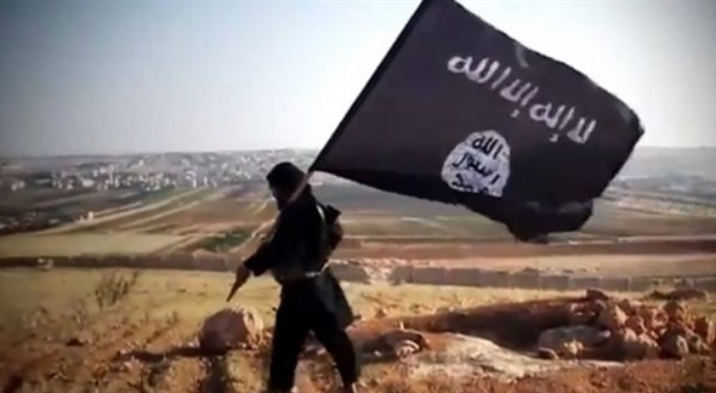Ahmed Adel
The European Union, as the third international power, has entered the war line against ISIS in Mozambique, southeast Africa, after worrying signs of the terrorist organization’s expansion there.
Military mission
The European intervention in Mozambique will be in the form of a military mission that will train army units to fight terrorists in the northeast of the country where ISIS is active.
Mozambique, which experts expected to lead the global energy scene thanks to huge gas discoveries, is now threatened by the expansion of ISIS in the southeast of the African continent.
Years of conflict
Many fear that terrorism will prolong the years of conflict in Mozambique, which records alarming indicators in the number of ISIS victims and displaced, adding to the number of victims of the ongoing violence since the end of the civil war in 1992.
The European Union sent 1,100 military personnel to Mozambique on a two-year mission to train rapid intervention units to fight terrorists, and the EU will also provide the Mozambican army with non-lethal weapons.
“The military who will train here will be able to go on a mission,” said Joaquim Mangrasse, commander of the Mozambican armed forces, in press statements from the capital, Maputo.
Exceptional summit
Last June, an extraordinary summit of the Southern African Development Community, which includes 16 countries in southern Africa, held in Maputo resulted in the approval of a mission for the organization’s force to “support Mozambique in its fight against terrorism and acts of violence perpetrated by extremists.”
In early October, the 16 countries affiliated with the group decided to extend the mission of the regional force deployed in a province of Mozambique since July, which was supposed to end on October 15.
Earlier this year, Portugal and the United States sent special units to Mozambique on a training mission.
In total, there are more than 3,100 foreign military personnel (from Africa, Europe and the United States) based in Cabo Delgado Province.
Rwanda was the first African country to send troops to Mozambique in July, and the Rwandan forces announced their first victories in early August, confirming that they had defeated terrorists in the strategic port of Mocimboa da Praia.
The ISIS attacks have obstructed gas export projects, which Mozambique hopes to transfer from the ten poorest countries in the world to the club of the richest countries in Africa.
In April, French oil giant Total withdrew from Mozambique, announcing the presence of force majeure on a $20 billion liquefied natural gas project, the largest private investment in Africa.
The company withdrew its staff from a project site in Cabo Delgado after an attack by ISIS militants on a nearby town in March.
Increase in displaced persons
In an article in Foreign Policy magazine, Emily Estelle, a researcher at the American Enterprise Institute, said, “The conflict has become more intense in Mozambique with terrorist movements, and this is accompanied by a significant increase in the number of displaced people and the emergence of frequent reports of beheadings and rape.”
Estelle considered that these scenes represent a major transformation for a country that had hoped to move beyond years of conflict, as the Mozambican government signed a peace agreement with the rebels in 2019 in its latest attempt to stop the violence that has continued since the end of the civil war in 1992.
She explained that the rebellion in Cabo Delgado is “rooted in socio-economic conditions, with northern Mozambique home to many of the Muslim minority who have long been marginalized from local political power, as well as ethnic and linguistic divisions that fuel political exclusion.”
ISIS seeks to control gas projects in Mozambique by establishing its emirate and threatening the countries of southern Africa.
The presence of an armed group loyal to the terrorist organization, which succeeded months ago in Palma, the gas capital of Mozambique, posed the greatest threat not only to the security and economy of the country, but to the interests of major international energy companies, including American, French, Italian, Chinese and even Japanese.
In 2017, the escalating violence between the religious movement and the security forces turned into a full-blown insurgency, similar to the start of Boko Haram in Nigeria.
Estelle noted that when ISIS saw an opportunity to mitigate its losses elsewhere, it established an official relationship with the Mozambican group in 2019, and since that time, the latter has appeared alongside other African affiliates in propaganda work.








































admin in: How the Muslim Brotherhood betrayed Saudi Arabia?
Great article with insight ...
https://www.viagrapascherfr.com/achat-sildenafil-pfizer-tarif/ in: Cross-region cooperation between anti-terrorism agencies needed
Hello there, just became aware of your blog through Google, and found ...